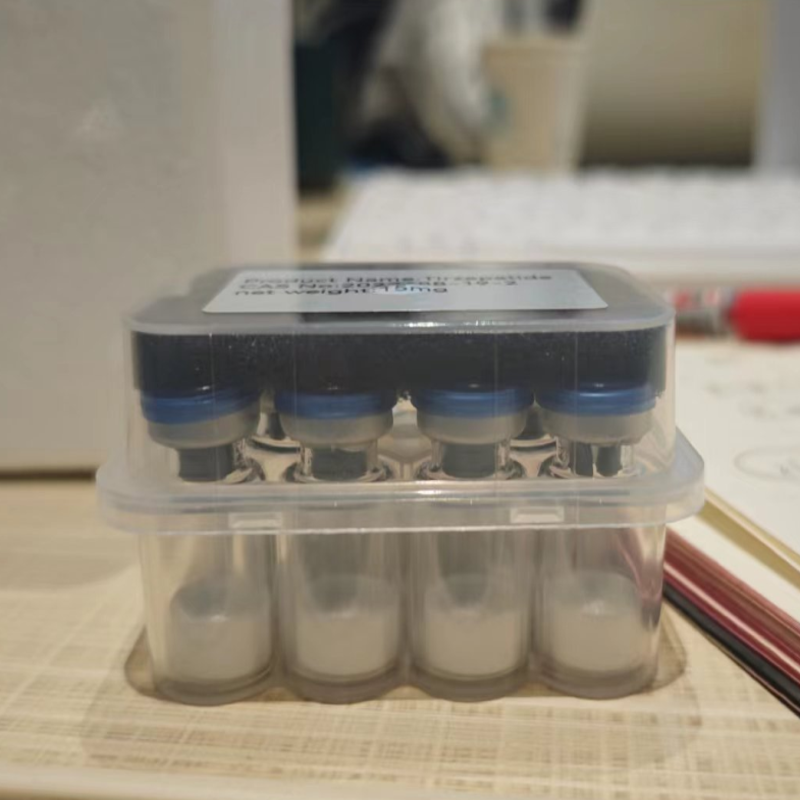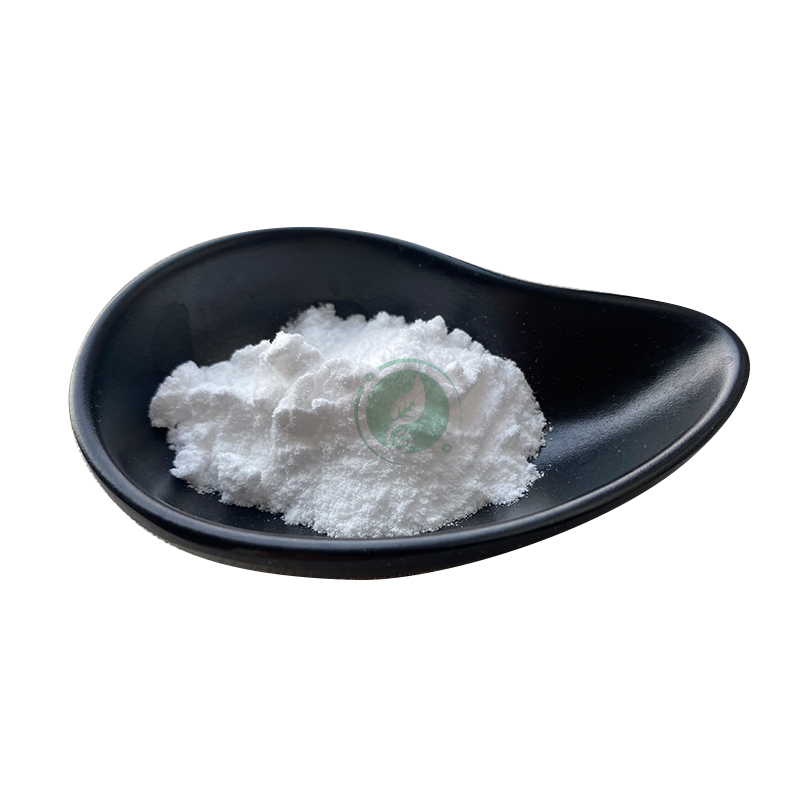-
Categories
-
Pharmaceutical Intermediates
-
Active Pharmaceutical Ingredients
-
Food Additives
- Industrial Coatings
- Agrochemicals
- Dyes and Pigments
- Surfactant
- Flavors and Fragrances
- Chemical Reagents
- Catalyst and Auxiliary
- Natural Products
- Inorganic Chemistry
-
Organic Chemistry
-
Biochemical Engineering
- Analytical Chemistry
-
Cosmetic Ingredient
- Water Treatment Chemical
-
Pharmaceutical Intermediates
Promotion
ECHEMI Mall
Wholesale
Weekly Price
Exhibition
News
-
Trade Service
According to foreign media reports, Bojian announced on June 15 that its gene therapy titrepigene emparvovec in late-stage trials in patients with rare hereditary eye disease without choroidalemia failed to meet the primary and key secondary endpoints
.
The phase III STAR study recruited 169 adult men with anchoroidemia, a hereditary retinal disease characterized by progressive vision loss and eventual blindness
.
Researchers evaluated the effectiveness and safety of a single subretinal injection of the investigational gene therapy titrepigene emparvovec
The drug is designed to deliver functional human anchoroidemia genes to photoreceptor cells and retinal pigment epithelial cells to solve the underlying genetic pathogenic mechanism of the disease
.
According to the Early Diabetic Retinopathy Study (ETDRS) chart, the primary endpoint is the proportion of patients whose best corrected visual acuity improved by at least 15 letters from baseline after 12 months of treatment
However, the study did not reach its primary endpoint, and gene therapy failed to increase the number of patients, indicating an improvement in this indicator
.
In addition, the study did not prove its effectiveness for key secondary endpoints, although the safety results are consistent with previous studies evaluating titrepigene emparvovec
Bojian stated that it will continue to evaluate the complete data set of the STAR study before confirming its future clinical development plan for titrepigene emparvovec
.
Prior to this, Biogen's Alzheimer's disease drug Aduhelm (aducanumab) received controversial approval
.
According to the company's report on June 7, the U.
The approval is based on clinical trial data showing that the therapy can reduce these plaques, but these studies have not shown an overall meaningful reduction in cognitive decline
.
On the contrary, these plaques can be used as biomarkers of cognitive dysfunction in patients with Alzheimer's disease.
Reference source:
1.
2.







